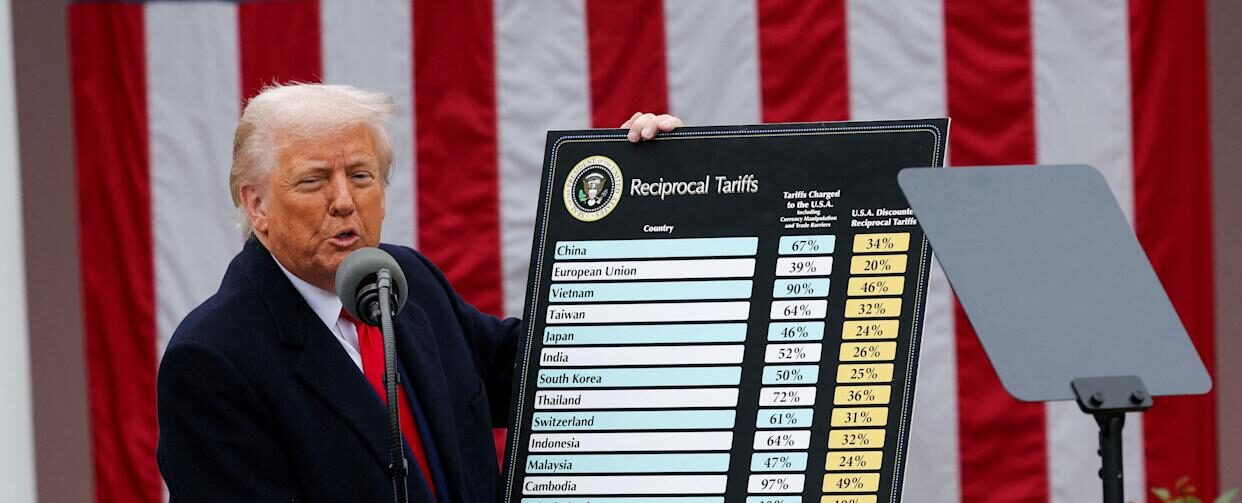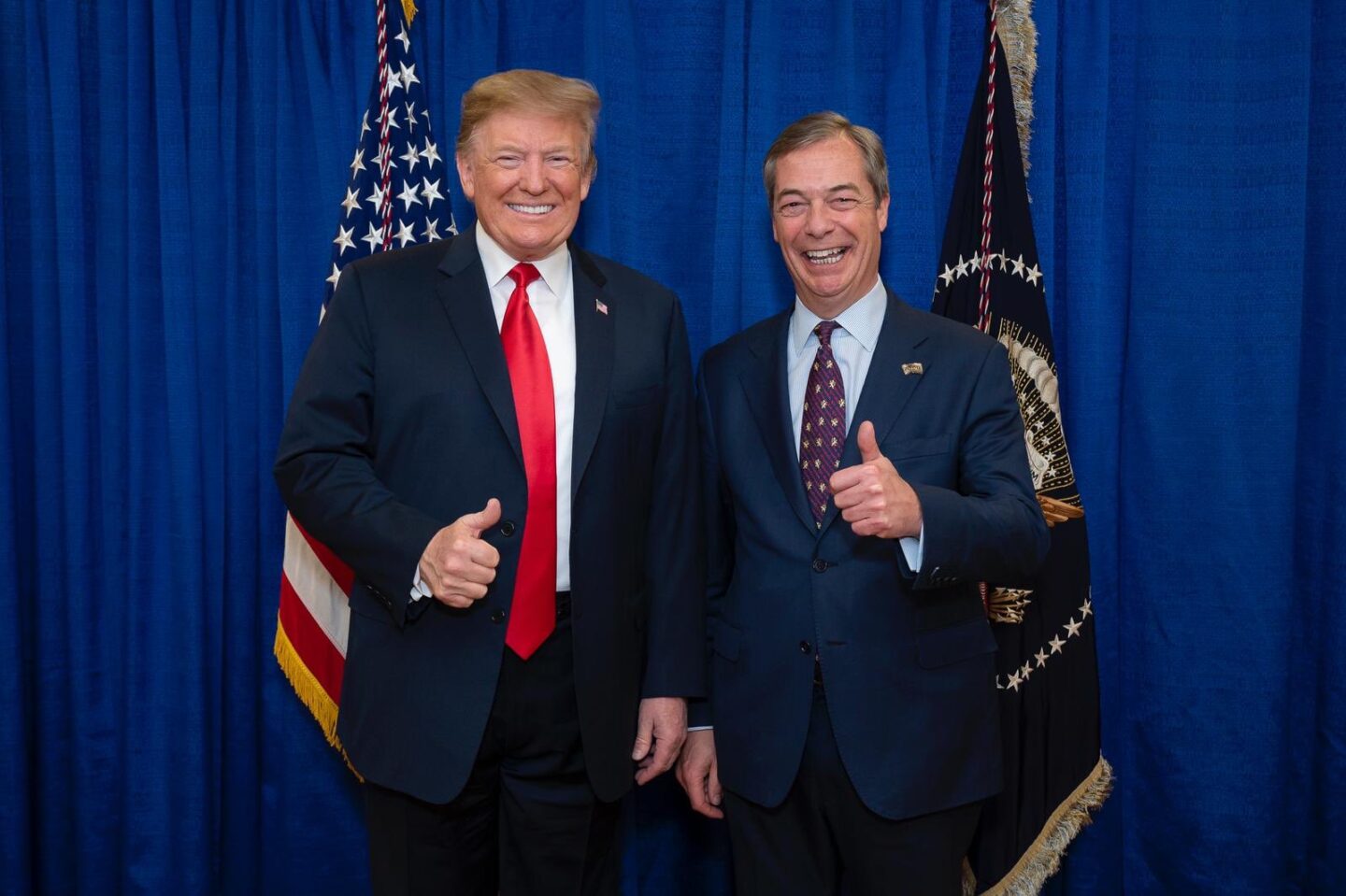Big tech companies have amassed unprecedented levels of market power and influence, raising legitimate concerns about their impact on competition, innovation, and consumer welfare. Through their control of essential infrastructure and access to vast amounts of consumer data, these companies have the potential to undermine fair competition and entrench their dominance. The current antitrust framework has proven ill-equipped to tackle the unique challenges posed by big tech.
The rise of big tech has had far-reaching consequences on both consumers and competition. While these companies have undoubtedly revolutionized the way we live and work, their dominance has raised concerns about the erosion of privacy, the suppression of innovation, and the distortion of competitive markets. Furthermore, their ability to leverage network effects and engage in anti-competitive practices has made it increasingly difficult for new entrants to challenge their market position. Additionally, these companies control essential infrastructure and access to markets, further exemplifies the evolution of monopolistic practices in recent times. Moreover, the increasing globalization of markets has created new challenges in regulating monopolistic practices, as companies can easily shift their operations and profits across borders to evade antitrust regulations.
Thus, the existing mechanisms in the American legal system may not be enough. In summary, there are three main Acts in the Unites States that govern anti-trust law. The Sherman Act of 1890, which targets monopolies and cartels by prohibiting agreements that restrain trade and penalizing businesses that abuse their market dominance. The Clayton Act of 1914 which focuses on preventing anticompetitive practices in their early stages by regulating mergers, acquisitions, and certain pricing behaviours that could lead to monopolies. And finally, the Federal Trade Commission Act of 1914 which established the Federal Trade Commission, an independent agency responsible for enforcing antitrust laws and promoting consumer protection through investigations and enforcement actions against unfair business practices.
The era where the bulk of these laws were created, monopolies were characterized by a concentration of power in a few large companies. This was primarily through horizontal integration, where businesses would merge with their competitors to establish an industry-specific monopoly. However, today’s monopolistic landscape is markedly different, with companies wielding power primarily through vertical integration- expanding their reach into multiple industries and controlling various stages of production and distribution.
In light of these challenges, there is a growing consensus among legal professionals, policymakers, and academics that antitrust laws must be reformed to effectively address the evolving nature of monopolistic practices in the digital age. Senator Amy Klobuchar’s proposed reforms offer a promising starting point for this much-needed overhaul, but further discussion and debate will be required to ensure that antitrust legislation remains an effective check on corporate power in the 21st century. Senator Klobuchar’s legislative policies proposed to change section 7 of the Clayton Act from “creating an appreciable risk of materially lessening competition” to a “substantially lessening competition.” However, if the US is to actually implement the changes necessary to keep pace with the growing threat of big tech, more than semantics need to be addressed. Still, moving the topic of conversation from actually harming competition to only requiring a risk of harming competition shifts the burden of proof away from the government and towards companies themselves.
This brings us to the European approach to antitrust law and enforcement, which has been considered more effective in addressing monopolistic practices, particularly with respect to big tech companies.
Europe’s broader scope of competition law, such as the Treaty on the Functioning of the European Union (TFEU), covers a wider range of practices that may restrict competition. The TFEU’s prohibition of dominant market position abuse, for example, encompasses a more extensive range of anti-competitive practices than the Sherman Antitrust Act in the United States. Coupled with stronger enforcement mechanisms, such as the European Commission’s dedicated competition authority and the power to impose substantial fines on rule-violating companies, the European approach appears better equipped to tackle modern monopolistic practices in addressing monopolistic practices. In 2017, the European Commission fined Google €2.42 billion for abusing its dominant market position in online search advertising. Additionally, in 2019, the Commission fined Qualcomm €242 million for anti-competitive practices related to the licensing of standard-essential patents.
Amy Klobuchar’s proposed reforms aim to bring American antitrust law more in line with the European approach, offering a potential solution to the inadequacies of current US legislation. These reforms include increasing resources for antitrust enforcement agencies, updating legal standards to better address anti-competitive practices, and strengthening merger enforcement. While these reforms have their strengths and weaknesses, they represent a significant step forward in addressing the challenges posed by big tech and other modern monopolistic practices.
As the United States seeks to update its antitrust laws and enforcement mechanisms, it is crucial to consider the lessons learned from the European approach. This includes adopting a broader scope of competition law, implementing stronger enforcement mechanisms, and taking a proactive approach to addressing monopolistic practices. By doing so, the United States can begin to curb the power of big tech companies and promote a more competitive and consumer-friendly marketplace.
The evolution of monopolistic practices over the past century demands a rethinking of American antitrust policies. European antitrust laws offer valuable insights on how to more effectively address the challenges posed by modern monopolies, particularly in the realm of big tech. By adopting the proposed reforms, the United States can revitalize its antitrust laws and promote a more equitable economic landscape. The future of antitrust laws in America hangs in the balance, and it is incumbent upon lawmakers and regulators to take decisive action in the face of these modern challenges.















